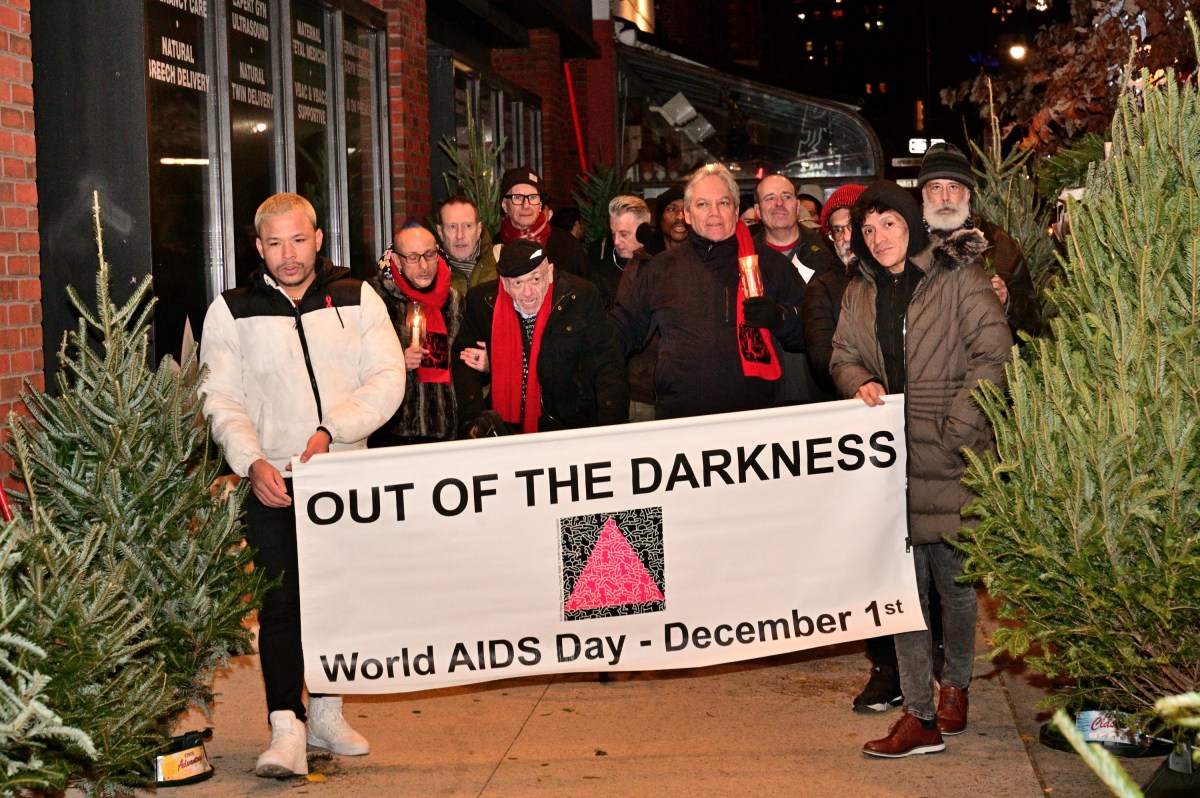BY MARIA CHENG
A viral illness in China that has sickened hundreds of people is not yet a global health emergency, the World Health Organization said Thursday.
WHO issued its evaluation came after Chinese authorities moved to lock down three cities earlier in the day and canceled major events in the capital, Beijing, during the Lunar New Year holiday period to try to contain the new virus.
The United Nations health agency based the decision after independent experts spent two days assessing information about the spread of the newly identified coronavirus.
“It’s too early to consider this as a public health emergency of international concern,” Didier Houssin, the chair of the emergency advisory committee, said, noting that the panel “was very divided, almost 50-50.”
WHO defines a global emergency as an “extraordinary event” that constitutes a risk to other countries and requires a coordinated international response. Previous global emergencies have been declared for the emergence of Zika virus in the Americas, the swine flu pandemic, and polio.
A declaration of a global emergency typically brings greater money and resources, but may also prompt nervous foreign governments to restrict travel and trade to affected countries. Deciding whether an outbreak amounts to an international crisis therefore can also be politically fraught.
In 2014, WHO resisted declaring the devastating Ebola epidemic in West Africa to be a global emergency because it feared the announcement would anger Guinea, Liberia and Sierra Leone.
During a news conference in Geneva, Houssin suggested that China’s view of the outbreak was a factor in Thursday’s decision.
“The perception of this declaration by the international community, in the most affected country, by the people struggling with the virus, certainly has to be considered,” he said.
Hundreds of people infected with the new virus have fallen ill in China, and 17 have died. The first cases appeared last month in Wuhan, an industrial and transportation hub in central China.
Other cases have been reported in the United States, Japan, South Korea and Thailand. Singapore, Vietnam and Hong Kong reported their first cases Thursday.



































